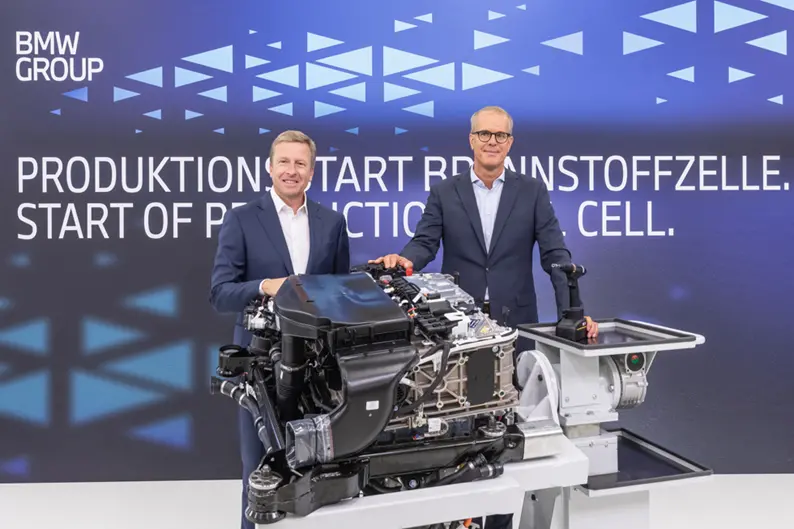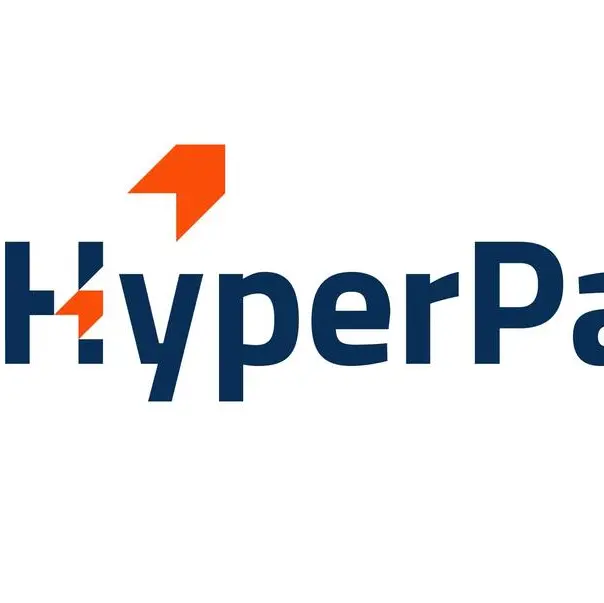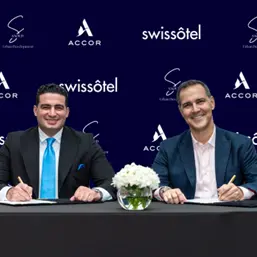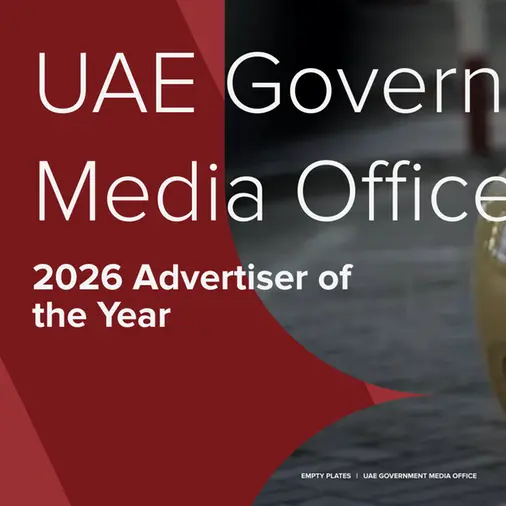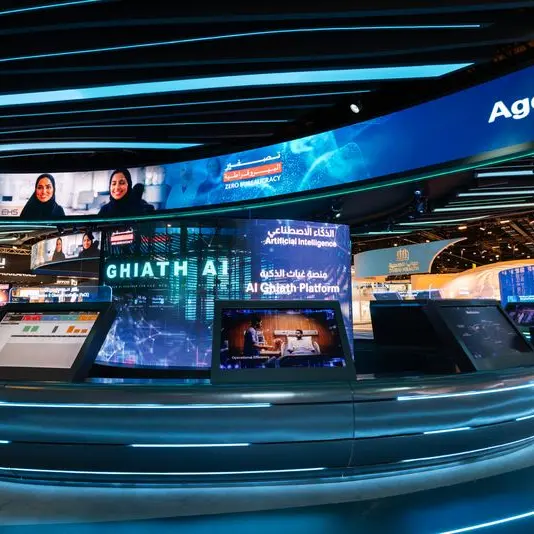PHOTO
-
Fuel cells are manufactured in the company’s competence centre for hydrogen
-
BMW Group leads the way in hydrogen technology in the premium electric vehicle segment
Munich. On 31 August, Chairman of the Board of Management of BMW AG Oliver Zipse and Frank Weber, Member of the Board of Management of BMW AG responsible for Development, came together to inaugurate fuel cell system production at the company’s competence centre for hydrogen in Munich.
The occasion marks the entry to service of a small series of BMW iX5 Hydrogen cars around the world from the end of this year for test and demonstration purposes. The combination of fuel cell and high-performance battery is set to enrich the company’s portfolio by adding a unique form of drive system for the premium segment. The BMW Group is playing a visionary and pioneering role in this technology with the aim of achieving a more diversified transition to zero-emission mobility.
“As a versatile energy source, hydrogen has a key role to play on the road to climate neutrality. And it will also gain substantially in importance as far as personal mobility is concerned. We think hydrogen-powered vehicles are ideally placed technologically to fit alongside battery-electric vehicles and complete the electric mobility picture,” said Oliver Zipse, Chairman of the Board of Management of BMW AG, in Munich on Wednesday. “By commencing small-scale production of fuel cells today, we are demonstrating the technical maturity of this type of drive system and underscoring its potential for the future.”
“Our many years of research and development work have enabled us to get the very most out of hydrogen technology,” added Frank Weber, Member of the Board of Management of BMW AG, Development. “We have managed to more than double the fuel cell’s continuous output in the second-generation fuel cell in the BMW iX5 Hydrogen, while weight and size have both decreased drastically.”
Thanks to these advances, the BMW Group leads the way in the development of hydrogen technology and considers it to hold great promise for its next generation of vehicles, especially relevant for countries in the Middle East.
“The in-house production of fuel cell systems marks an important milestone towards zero-emission mobility. In our view, hydrogen, one of the most efficient options for storing and transporting renewable energy, is the missing piece of the puzzle that can complement electromobility. It will contribute to achieving net zero carbon emissions by 2050 and play a major role as a fuel in this region of the world.” said Dr. Hamid Haqparwar, Managing Director at BMW Group Middle East.
Technological expertise and high standards of efficiency in the drive system
The BMW Group will now be manufacturing highly efficient fuel cell systems at its in-house competence centre for hydrogen. This technology is one of the core elements in the BMW iX5 Hydrogen and generates a high continuous output of 125 kW/170 hp. It teams up with an electric motor featuring fifth-generation BMW eDrive technology and a high-performance battery purpose developed for this vehicle to enable its powertrain to deliver 275 kW/374 hp. The development team incorporated the powerful drive system – comprising two hydrogen tanks, the fuel cell and the electric motor – into the existing BMW X5 platform for the small production run.
The impressive testing results of this new small-scale series of cars are rooted in the BMW Group’s extensive experience with the use of hydrogen as a drive technology. Hydrogen-powered combustion engines had already been in use prior to the arrival of the fuel cell system. Efficiency considerations prompted the BMW Group to continue development work in this area from 2015 with the BMW 5 Series GT Hydrogen Cell based on fuel cell technology.
Production of fuel cell systems in Munich
A chemical reaction takes place in the fuel cell between hydrogen from the tanks and oxygen from the air. Maintaining a steady supply of both elements to the fuel cell’s membrane is of crucial importance for the drive system’s efficiency. In addition to the technological equivalents of features found on combustion engines, such as charge air coolers, air filters, control units and sensors, the BMW Group also developed special hydrogen components for its new fuel cell system. These include the high-speed compressor with turbine and high-voltage coolant pump, for instance.
The BMW Group sources the individual fuel cells required for manufacturing the BMW iX5 Hydrogen from the Toyota Motor Corporation. The two companies have enjoyed a partnership characterised by trust for many years and have been collaborating on fuel cell drive systems since 2013. Fuel cell systems are manufactured in two main steps. The individual fuel cells are first assembled into a fuel cell stack. The next step involves fitting all the other components to produce a complete fuel cell system.
Stacking of the fuel cells is a fully automated process. Once the individual components have been inspected for any damage, the stack is compressed by machine with a force of five tonnes and placed in a housing. The stack housing is manufactured in the light metal foundry at BMW Group Plant Landshut using a sand casting technique. For this, molten aluminium is poured into a mould made from compacted sand mixed with resin in a process specially designed for this small-series vehicle. The pressure plate, which delivers hydrogen and oxygen to the fuel cell stack, is made from cast plastic parts and light-alloy castings, also from the Landshut plant. The pressure plate forms a gas-tight and water-tight seal around the stack housing.
Final assembly of the fuel cell stacks includes a voltage test along with extensive testing of the chemical reaction within the cells. Finally, all the different components are fitted together in the assembly area to produce the complete system.
-Ends-
If you have any questions, please contact:
Osama El-Sherif
Head of Corporate Communications, BMW Group Middle East
Email: osama.el-sherif@bmwgroup.com
Maysan Abdulmajeed
PR Manager, Seven Media
Email: maysanabdulmajeed@sevenmedia.ae
Andrew Young
Senior PR Executive, Seven Media
Email: andrewyoung@sevenmedia.ae
Media website: www.press.bmwgroup.com
The BMW Group
With its four brands BMW, MINI, Rolls-Royce and BMW Motorrad, the BMW Group is the world’s leading premium manufacturer of automobiles and motorcycles and also provides premium financial and mobility services. The BMW Group production network comprises 31 production and assembly facilities in 15 countries; the company has a global sales network in more than 140 countries.
In 2021, the BMW Group sold over 2.5 million passenger vehicles and more than 194,000 motorcycles worldwide. The profit before tax in the financial year 2021 was € 16.1 billion on revenues amounting to € 111.2 billion. As of 31 December 2021, the BMW Group had a workforce of 118,909 employees.
The success of the BMW Group has always been based on long-term thinking and responsible action. The company set the course for the future at an early stage and consistently makes sustainability and efficient resource management central to its strategic direction, from the supply chain through production to the end of the use phase of all products.
